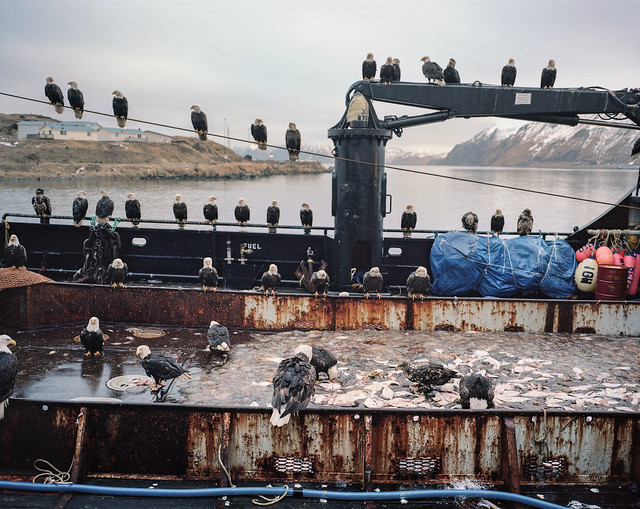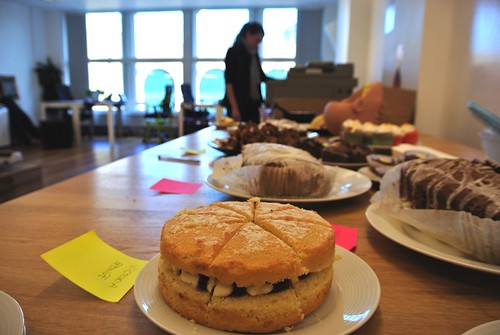Welcome to Word Buzz Wednesday, your go-to place for the most interesting words of the week. The latest: a possible euphemism of the year; a cute name for a dangerous phenomenon; more is more.
reaccommodate
“There is something to be said for the fact that the context in which reaccommodate was used was air travel, a realm plagued by stilted euphemisms from the lavatory to the full, upright and locked middle seat.”
Katy Steinmetz, “United Airlines ‘Reaccommodated’ a Passenger. Is That the Euphemism of the Year?” TIME, April 11, 2017
Reaccommodate in this context refers to the forcible removal of passenger David Dao from an overbooked United Airlines flight. Past euphemisms of the year from the American Dialect Society include locker-room banter for “lewd, vulgar talk”; EIT, or “enhanced interrogation technique,” itself a euphemism for torture; and least untruthful, “involving the smallest necessary lie.”
MOAB
“Despite the huge power of the MOAB, it is a smart bomb with wings and grid fins for guidance, and usually explodes mere feet from the ground.”
Anna Cummins, “5 things to know about the MOAB,” CNN, April 24, 2017
MOAB refers to GBU-43/B Massive Ordnance Air Blast, as well as, more commonly, the “mother of all bombs,” and was recently dropped by U.S. forces on Afghanistan. This thermobaric bomb (it generates both heat and pressure) is not the largest of its kind. Russia claims to have developed one four times larger than the MOAB, says CNN, aptly called FOAB, the father of all bombs.
pingo
“Don’t be fooled by its cute name—pingos can do some serious damage.”
Cara Giaimo, “Siberia Has Installed Its First ‘Exploding Pingo Detector,’” Atlas Obscura, April 11, 2017
Pingos are “common in Arctic permafrost,” says Atlas Obscura, and look like small hills (the term comes from an Inuit word meaning “small hill”). However, underneath they’re “full of ice, water, and, increasingly, methane gas, which bubbles up from underground vents.” They can “even explode,” resulting huge craters.
maximalism
“Appealing to impulses, as maximalism does, could also be interpreted as a consumerist strategy to get more people to buy more design.”
Diana Budds, “Minimalism Is Dead. Hello Maximalism,” FastCo Design, April 14, 2017
Maximalism is a reaction against minimalism (think “less is a bore”). Signs of maximalism might include a multitude of colors, objects, and patterns, and a lack of white space.
shaku maku
“The riddle at the heart of shaku maku seems to sum up the contradictions of the modern Iraqi experience.”
Rob Kunzig, “The Iraqi Version of ‘What’s Up?’ Is an Existential Riddle,” Atlas Obscura, April 14, 2017
Shaku maku is a greeting used in Iraq but also more than a greeting. Roughly translated, says Atlas Obscura, it means, “What is everything and nothing?” One Iraqi expatriate says the phrase “might show the confused and curious Iraqi personality,” and “that we care about everything that happened with the other, but also it shows we don’t know anything specific.”






